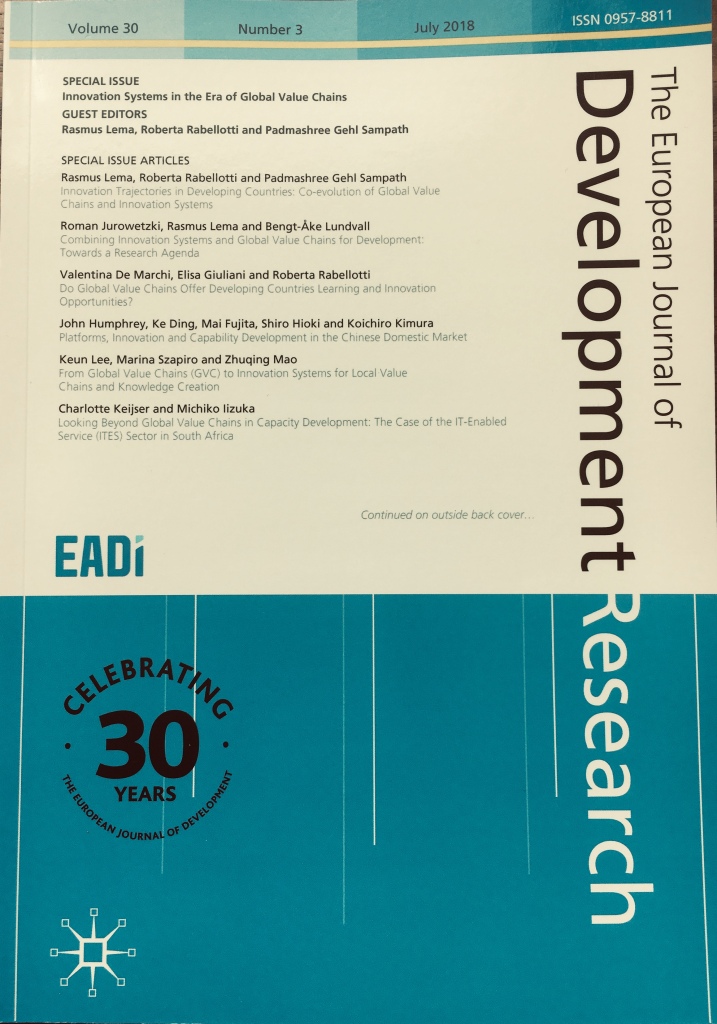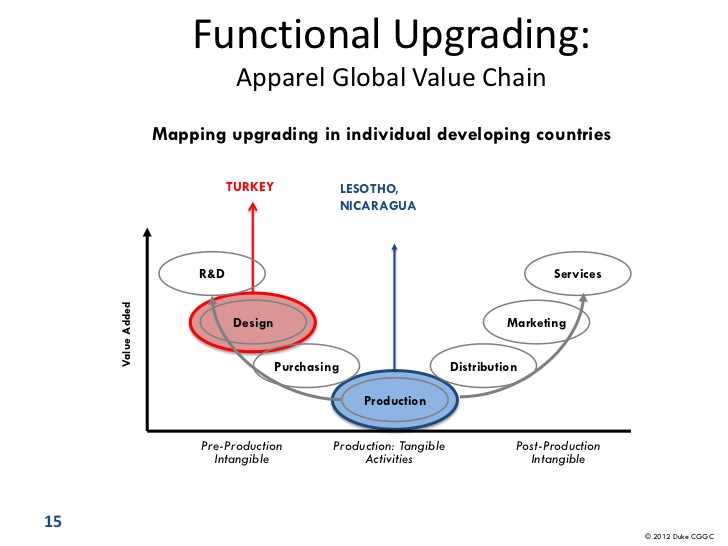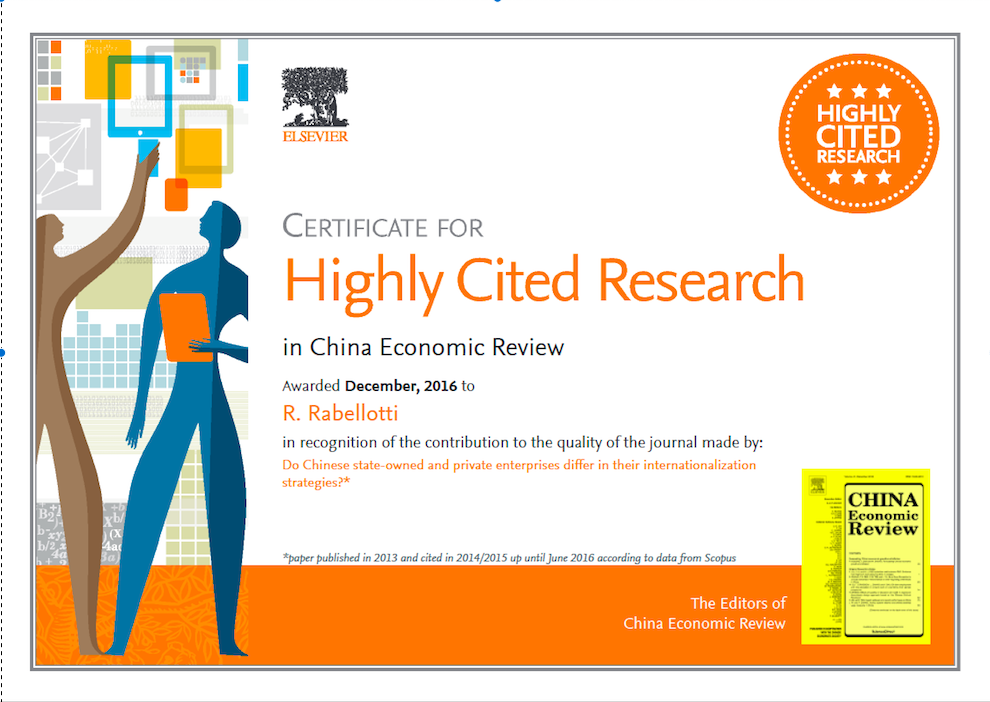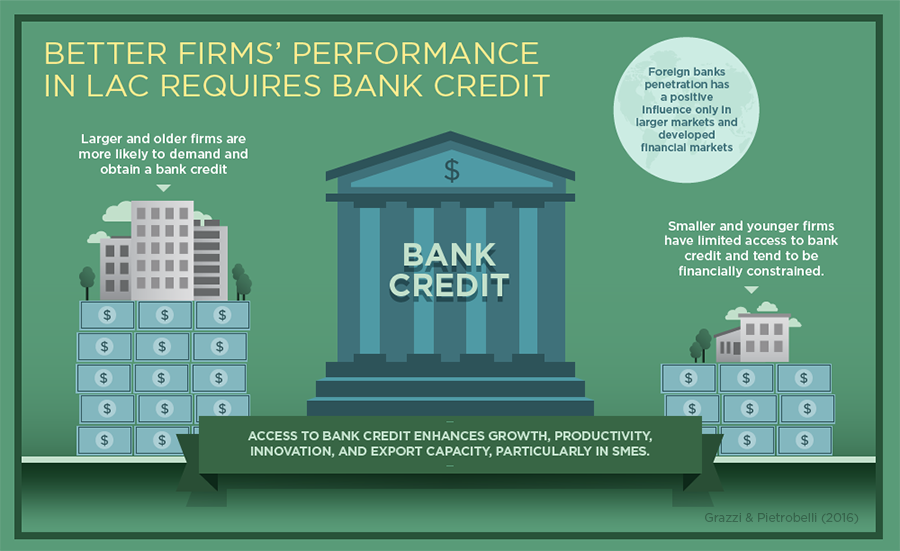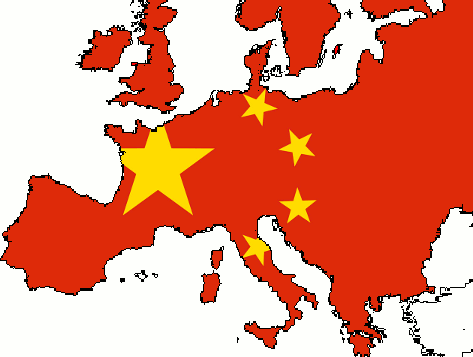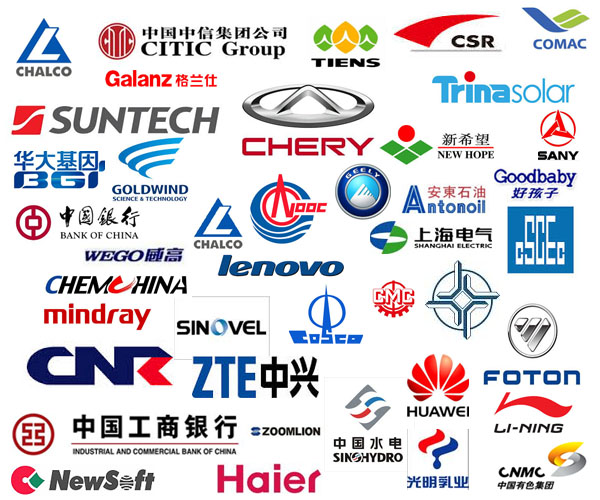Chinese and Indian MNEs’ shopping spree in advanced countries. How good it is for their innovative output?
Chinese and Indian multinationals are continuously expanding their operations in Europe and the USA through cross-border acquisitions (CBAs), with the aim of tapping into international knowledge located in target firms and innovative hubs. In this article published in the Journal of Economic Geography with Amendolagine, Giuliani and Martinelli, we look into the innovative impacts that CBAs have on the acquiring multinational enterprises.
Here you can download the paper

